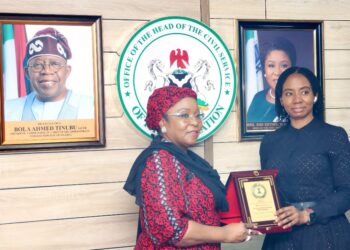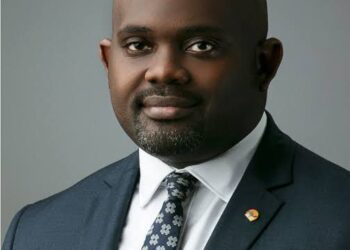The National Pension Commission (PenCom) is on the match to ultimately have another pension reform act with solutions to implementation challenges of the PRA 2014, to that effect, it organized a retreat on the review of the Pension Reform Act 2014 (PRA 2014) in Abuja between 12 and 14 January, 2022.
The retreat aimed at salient issues to be reviewed in the PRA 2014 as a prelude to advancing legislative action on the bill. It is expected that the
National Assembly would subsequently organize a public hearing in order to provide an avenue for stakeholders to formally make input into the proposed amendments.
The life circle of PRA 2014 is near the end and the process of amendment has started. The PRA 2014 was enacted following a review of the initial Pension Reform Act of 2004, which introduced legal and institutional frameworks of the Contributory Pension Scheme (CPS) and established PenCom to regulate and supervise all pension matters in Nigeria.
Speaking during the opening ceremony of the retreat held on 12 January, 2022, the Director General of PenCom, Aisha Dahir-Umar (pictured), informed the participants that the PRA 2014 codified one of the most important socioeconomic reform initiatives of the Federal Government, leading to a pension industry that has accumulated pension assets in excess of N13 tn invested in various aspects of the Nigerian economy.
PenCom boss noted that the review is a corollary to some implementation challenges encountered with certain sections of the Act not long after its enactment in July 2014. Several opinions have sprout challenges certain provisions the current act.
This is in addition to persistent calls from stakeholders for the amendment of some sections of the Act, which resulted in several legislative initiatives through the sponsorship of bills for amendment of the PRA 2014 by the National Assembly.
Consequently, the Commission, as the regulator of the pension industry, decided to coordinate and harmonize the various efforts in order to achieve a more comprehensive and constructive exercise for the review of the PRA 2014.








































